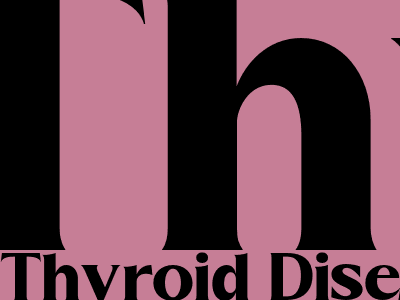Thyroid Disease: An In-Depth Guide
What is Thyroid Disease?
Thyroid disease refers to a group of conditions that affect the thyroid gland, a small, butterfly-shaped organ located in the neck. The thyroid gland plays a crucial role in regulating the body's metabolism, growth, and development.
Types of Thyroid Disease
There are several types of thyroid disease, including:
- Hyperthyroidism: Occurs when the thyroid gland produces too much thyroid hormone.
- Hypothyroidism: Occurs when the thyroid gland does not produce enough thyroid hormone.
- Goiter: A swelling of the thyroid gland.
- Thyroid nodules: Lumps or growths that develop on the thyroid gland.
- Thyroid cancer: A rare type of cancer that affects the thyroid gland.
Causes of Thyroid Disease
The causes of thyroid disease can vary depending on the type.
Hyperthyroidism
- Graves' disease (an autoimmune disorder)
- Toxic nodular goiter (tumors on the thyroid gland)
- Inflammation of the thyroid gland (thyroiditis)
Hypothyroidism
- Hashimoto's thyroiditis (an autoimmune disorder)
- Surgical removal of the thyroid gland
- Radiation therapy to the neck
- Certain medications
Goiter
- Iodine deficiency
- Autoimmune disorders
- Thyroid nodules
Symptoms of Thyroid Disease
The symptoms of thyroid disease can vary depending on the type and severity.
Hyperthyroidism
- Weight loss
- Increased heart rate and blood pressure
- Sweating and heat intolerance
- Anxiety and nervousness
- Difficulty sleeping
Hypothyroidism
- Weight gain
- Fatigue and tiredness
- Cold intolerance
- Dry skin and hair
- Constipation
Diagnosis of Thyroid Disease
Thyroid disease is typically diagnosed through a combination of physical examination, medical history, and blood tests that measure thyroid hormone levels.
Treatment for Thyroid Disease
The treatment for thyroid disease depends on the type and severity.
Hyperthyroidism
- Anti-thyroid medications
- Radioactive iodine therapy
- Surgery

تعليقات